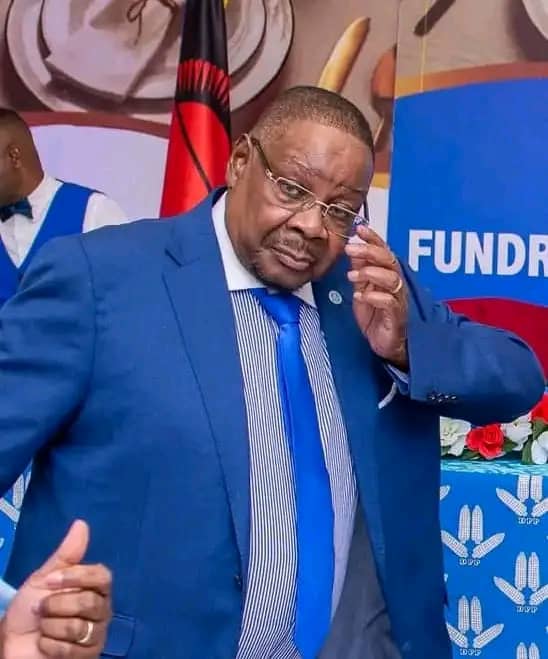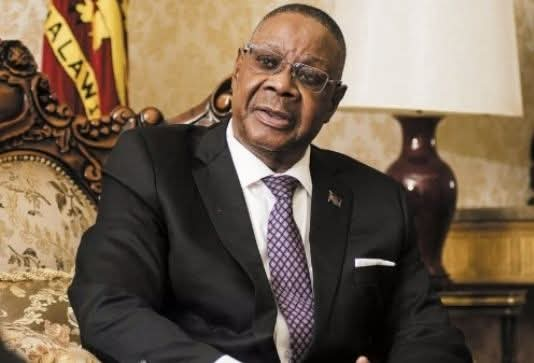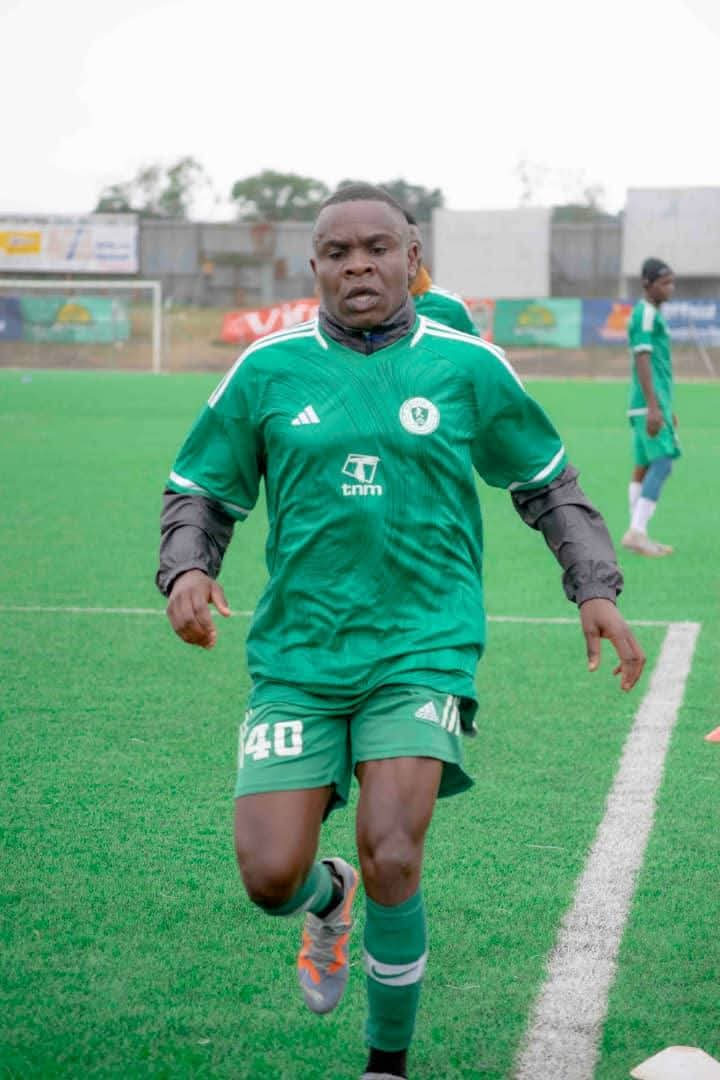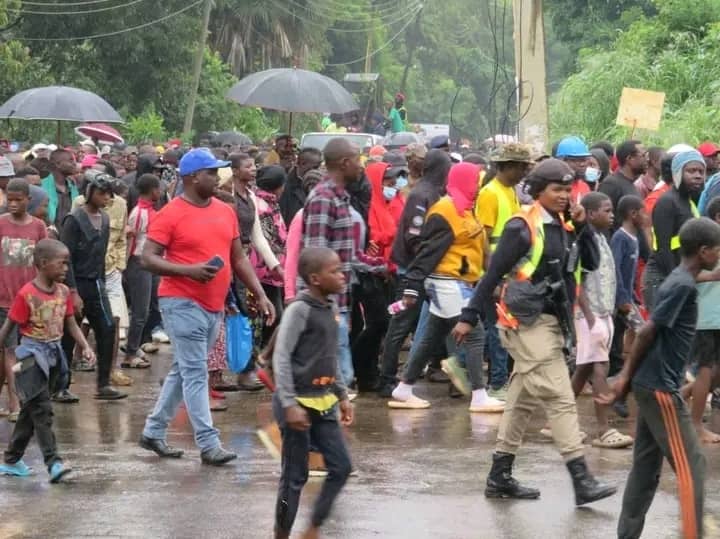By Burnett Munthali
Unofficial results from Karonga Songwe Constituency show a decisive win for Democratic Progressive Party (DPP) presidential candidate Peter Mutharika, who secured a commanding 8,479 votes. His tally placed him far ahead of his closest rival, Malawi Congress Party (MCP) leader Lazarus Chakwera, who received 2,592 votes.
United Transformation Movement (UTM) candidate Dalitso Kabambe finished third with 633 votes, followed by Atupele Muluzi of the United Democratic Front (UDF) with 132. Former president Joyce Banda of the People’s Party (PP) managed 173 votes, while Akwame Bandawe of the Alliance for African Advancement (AAA) collected 107. Other candidates, including Thokozani Banda, Kamuzu Chibambo, and Michael Usi, registered significantly lower numbers, with the remaining independents and minor party contenders trailing in single or double digits.
The parliamentary race in Karonga Songwe was closely contested but eventually swung in favor of MCP’s Mungasulwa Mwambande, who garnered 6,506 votes. His victory margin was comfortable compared to independent candidate Vincent Ghambi, who came second with 3,608. DPP’s Agabus Mwang’onda followed with 2,458 votes, while Michael Nyirenda of the National Democratic Party (NDP) trailed with only 37.
At the local government level in Iponga Ward, MCP also consolidated its influence with Alick Mbukwa taking a commanding win of 3,046 votes. Independent candidate Misheck Mwaijengo came second with 1,172, followed by DPP’s King Mwakanji with 992. The NDP’s Delings Mtambo received 72 votes, while PP’s Jobson Mwakajwanga finished last with 58.
These results paint a mixed picture for the constituency. While the DPP presidential candidate dominated the national-level race in Karonga Songwe, MCP demonstrated strength in parliamentary and local contests, securing both the Member of Parliament seat and the councilor position in Iponga Ward. This suggests that voter preferences in the constituency may be shaped not only by national-level considerations but also by local political dynamics and individual candidate appeal.
The results also highlight the continued fragmentation of smaller parties and independent candidates, most of whom failed to make significant electoral inroads. With such low tallies, their impact appears limited, reinforcing the dominance of the main parties, particularly DPP and MCP, in the region.
Overall, Karonga Songwe has emerged as a constituency where national and local political allegiances diverge. Voters overwhelmingly backed Mutharika at the presidential level but shifted their support to MCP for parliamentary and local government representation. This outcome underscores the complexity of Malawi’s electoral map, where party loyalties can vary dramatically across different tiers of government.
Regional Analysis
The outcome in Karonga Songwe reflects broader regional dynamics that are shaping Malawi’s 2025 elections. For the DPP, Mutharika’s commanding win at the presidential level in this northern constituency is a crucial morale boost. Historically, the north has been contested territory, with loyalties shifting between MCP, UTM, and regional independents. By dominating in Karonga Songwe, the DPP has demonstrated its ability to penetrate areas where it has not traditionally enjoyed overwhelming support. This could signal a re-emerging northern strategy anchored on Mutharika’s legacy, organizational strength, and the perception that he represents stability compared to fragmented alternatives.
For MCP, the parliamentary and local government victories reveal the party’s resilience and grassroots foothold in the north. By winning both the MP and councilor positions, MCP has shown that while it may struggle to match Mutharika’s presidential appeal in the region, it still commands trust when it comes to local representation. This dual-track performance—weak at the national ballot but strong at the constituency and ward levels—suggests that MCP remains deeply embedded in community structures and continues to benefit from candidate-centered loyalty at the grassroots.
The divergence also raises questions about the broader balance of power in the north. If DPP’s presidential momentum continues, it could consolidate regional support in the 2025 race. However, MCP’s grassroots influence may act as a counterweight, ensuring the party retains control of local governance structures and maintains relevance in parliamentary representation. For smaller parties such as UTM and PP, the results in Karonga Songwe are sobering, as they point to declining influence in a region once considered fertile ground for new political movements.
Ultimately, Karonga Songwe’s split outcome mirrors the political reality of northern Malawi: voters may rally behind a presidential candidate from one party while entrusting local governance and parliamentary representation to another. This duality underscores the strategic importance of tailoring campaigns to both national messaging and localized community needs, as neither DPP nor MCP can claim outright dominance in the north.




